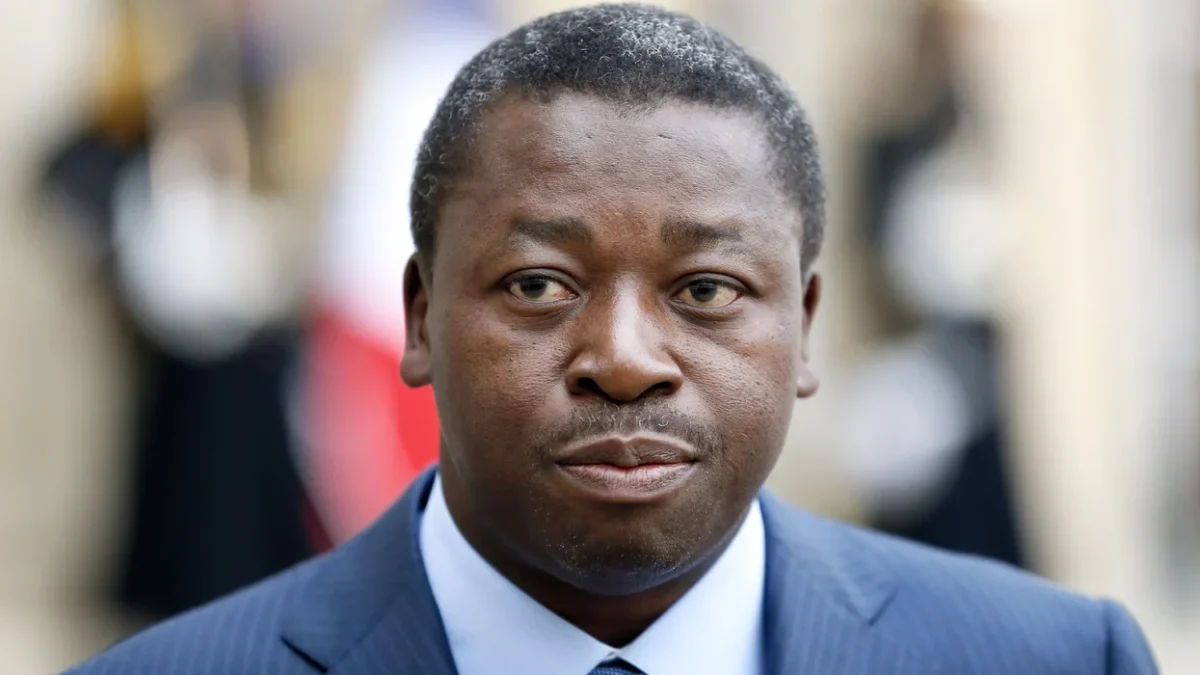(4 Minutes Read)
Togo has rescheduled parliamentary and regional elections for April 29. Elections were initially scheduled on April 13 before being postponed to April 20 and now by more than a week -April 29.
Togo has rescheduled parliamentary and regional elections for April 29. Elections were initially scheduled on April 13 before being postponed to April 20 and now by more than a week -April 29.
Togo’s parliament voted in late March to transition the nation from a presidential to a parliamentary system. After a public protest, presidency ordered the reforms back to parliament. In early April, president Faure Gnassingbé met members of the bureau of the National Assembly and urged them to take into account all contributions susceptible to enrich the Constitution.
The National Assembly’s bureau expressed the need for more consultations over the reform which led to a new postponement. The proposed Constitution which was passed on March 25, grants parliament the power to choose the president, doing away with direct elections.
Togo, a nation of around 8 million people, has been ruled by the same family for 57 years, initially by Eyadema Gnassingbe and subsequently by his son. Faure Gnassingbe has been in office since 2005 after winning elections that the opposition described as a sham.
The proposed bill restricts the power of future presidents and introduces a one-term limit. The reform hands over greater power to a figure similar to that of a prime minister, officially called the president of the council of ministers. This individual will either be “the leader of the party which secures the majority during the legislative elections”; or the leader of the winning coalition of parties.
The government said a planned three-day protest this week over the arrest of opposition figures and new legislation scrapping president elections was illegal, a move that heightened tensions in the West African nation that has been ruled by the same family for almost 60 years.
The interior and security ministries said the protests set to begin Thursday (Apr. 11) would seriously disturb public order. In a separate notice, the government also delayed parliamentary elections until April 29, pushing the vote back by just over a week. The spokesman for the opposition behind the planned protest said the coalition was considering whether to move forward with the rallies anyway.
The government last week arrested nine opposition activists for engaging in political activities at a market. All nine were released on Tuesday (Apr. 9) evening. The public prosecutor’s office said they were arrested for disturbing public order, while protesters maintained that the arrests were arrests arbitrary and abusive.
The proposed constitution, which was passed by lawmakers in late March, grants parliament the power to choose the president, doing away with direct elections. The oppostion fears this makes it likely that President Faure Gnassingbe would be reelected when his mandate expires in 2025.Previous opposition protests over the past two decades, especially in 2005 and 2017, have been deadly, with hundreds of people killed, displaced and exiled.
Read Also:
https://trendsnafrica.com/togos-connotational-reform-lawmakers-to-ascertain-views-of-electorates/
Some legal experts say the constitution could actually restrict the power of future presidents as it introduces a one-term limit and hands over greater power to a new figure similar to a prime minister. But opposition fears the creation of a new role — officially, the president of the council of ministers — could become another way for Gnassingbe to stay in power since the indivual who will hold this position will either be the leader of the party which secures the majority during the legislative elections; or the leader of the winning coalition of parties.





